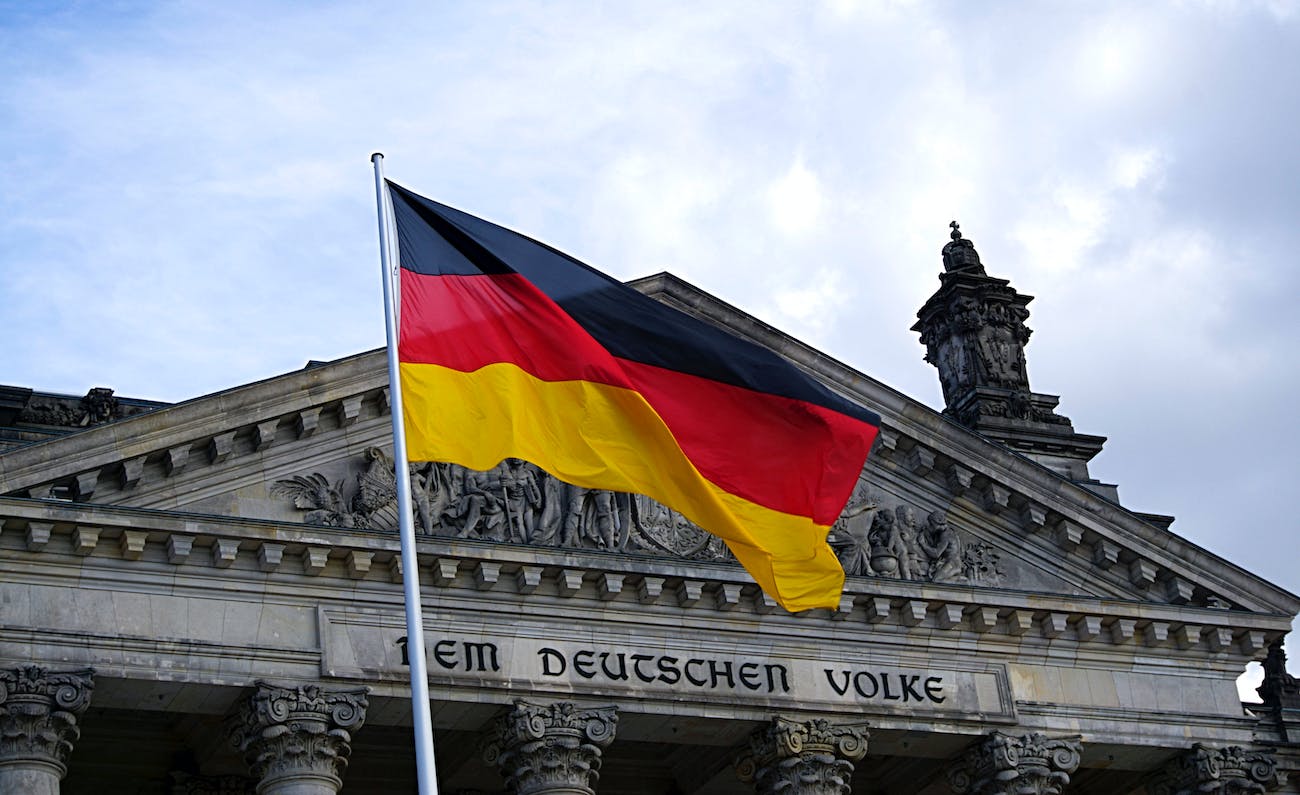
Political fragmentation in Germany today bears unsettling similarities to the political situation in the 1930s. This development raises serious concerns about the stability and future of the country's political landscape.
In the present-day Germany, the rise of various political parties and ideologies has led to a worrisome sense of division and discord reminiscent of a bygone era. The polarization of political ideologies, coupled with the emergence of fringe groups, has contributed to a disconcerting atmosphere mirroring the turbulent times of the 1930s.
The echoes of history are particularly striking as Germany grapples with the challenges of addressing key societal issues such as immigration, economic disparities, and social welfare. The growing divergence in public opinion and the proliferation of divergent political movements have given rise to a disunited discourse, reminiscent of the political fragmentation that preceded significant historical upheavals.
The potential ramifications of this disunity and fragmentation are inherently alarming. They pose a threat to the cohesive functioning of the German political system, casting a shadow over the prospects for bipartisan collaboration and stability. The erosion of consensus and the rise of radical factions may pave the way for a climate of uncertainty and distrust, echoing the precursors of historical upheavals.
Furthermore, the implications extend beyond the borders of Germany, influencing the broader European and global political dynamics. The repercussions of a politically fragmented Germany could reverberate across the European Union, impacting diplomatic relations, economic policies, and international cooperation.
As the specter of political fragmentation looms over Germany, there is a pressing need for a concerted effort to address and transcend divisive political fault lines. Recognizing the historical parallels and learning from the lessons of the past, stakeholders must endeavor to foster a spirit of unity, dialogue, and common purpose. By prioritizing inclusive discourse and collaborative governance, Germany can chart a course away from the harbingers of historical tumult towards a future defined by stability, cooperation, and progress.
Comment
Popular Posts
- 1
- 2
- 3
- 4
- 51 year ago
Latest Posts
- 1
- 219 minute ago
- 3
- 439 minute ago
- 548 minute ago
Categories
- World 13190 Post
- Knitting 18 Post
- General 17 Post
- Travel 183 Post
- Technology 12246 Post
- Movies and Series 14088 Post













There are no comments yet.